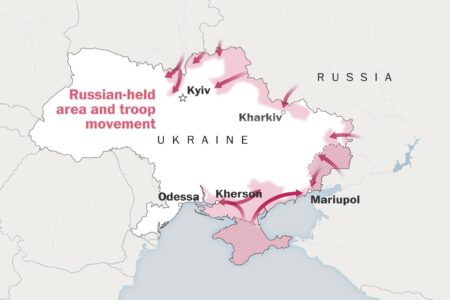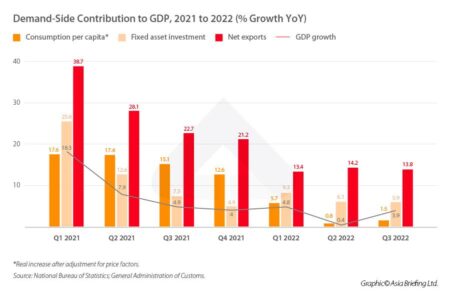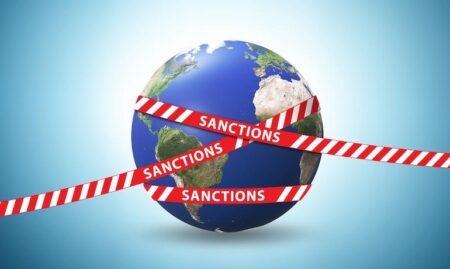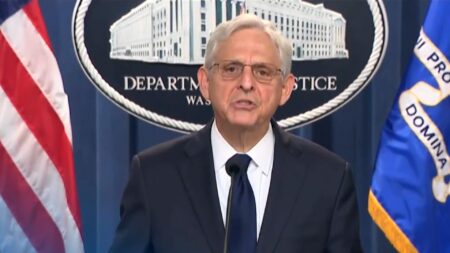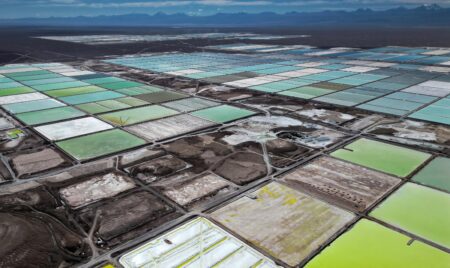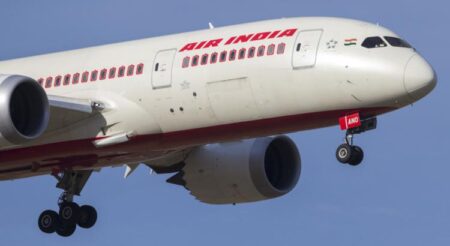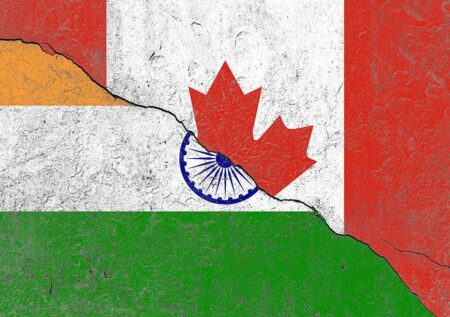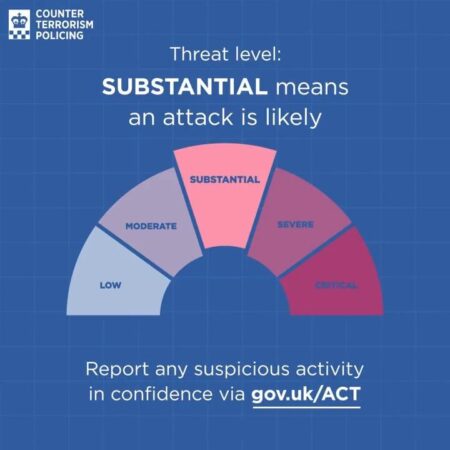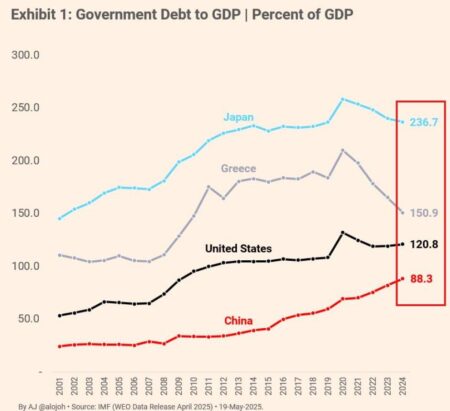Spain remains cautious about increasing security spending despite escalating threats, opting to prioritize economic recovery and social programs for now. Yet, experts warn that this cautious approach may leave the nation exposed to serious defense risks
Browsing: New York Times
In a daring and visionary diplomatic feat, one man turned a humble space into a vibrant, fully functional embassy in India, pioneering fresh and imaginative ways to shape the future of international relations
Oscar Onley’s meteoric rise and dynamic skill set make him the most unexpected podium contender the Tour de France has seen in years. Combining youthful energy with fierce determination, he’s poised to shake up the established favorites in this year’s race
A man has been charged in the tragic death of his 9-year-old daughter, who was reported missing in Northern New York. As authorities continue their investigation, the community comes together to mourn and search for answers in the wake of this heartbreaking loss
In a stark and somber aftermath, the regions where Ukraine struck into Russia stand marked by devastation and profound loss. The New York Times unveils a haunting portrait of this shattered landscape, exposing the deep human suffering and environmental destruction unleashed by the escalating conflict
Amid rising migration concerns, Europe’s once seamless borders are now straining under immense pressure, turning free travel zones into bustling, tense checkpoints. What was once a symbol of unity is now tested by mounting security challenges and increasing traffic chaos
China’s economy continues to surge forward, demonstrating remarkable resilience despite the tariffs imposed by the Trump administration. Experts highlight booming exports and vibrant domestic demand as the key engines fueling growth amid ongoing trade tensions
Lack of new U.S. sanctions has allowed Russia to replenish its war chest, easing financial pressures amid the ongoing conflict. Experts warn this could empower Moscow to sustain-and potentially intensify-its military operations
The U.S. Justice Department has charged 11 individuals in a sprawling Russia-based scheme that deceitfully billed Medicare for a staggering $10.6 billion-marking one of the largest healthcare fraud cases ever exposed
Russia has seized a key lithium field, intensifying tensions amid the ongoing U.S.-Ukraine minerals agreement. This daring move underscores the growing importance of battery metals in driving global power dynamics
A U.S. soccer investor is locked in a fierce battle against extradition from Spain, accused of major fraud. While authorities allege he committed financial wrongdoing, his legal team is vigorously fighting to keep him out of U.S. courts
In the dead of night, a terrifying new weapon unleashes fear across Ukraine. This chilling instrument of war tears through lives and frays nerves, intensifying the conflict’s devastating humanitarian toll. The New York Times uncovers its harrowing impact
Air India CEO’s recent remarks following the plane crash have ignited a wave of intense scrutiny, raising urgent questions about the airline’s response and safety protocols. This tragic event has sparked widespread calls for greater transparency and heightened accountability
Chinese automakers like BYD are swiftly transforming the European automotive scene, breaking through tariff barriers with remarkable momentum. Driven by skyrocketing demand for electric vehicles and unbeatable prices, they are seizing an increasingly larger share of the market
India and Canada are determined to heal the wounds caused by the tragic killing of Sikh activists. Both nations are focused on restoring trust, strengthening diplomatic bonds, and joining forces to overcome shared challenges in the wake of this heartbreaking event
A review has uncovered that U.K. police mishandled the investigation into the tragic crash that took teenager Harry Dunn’s life, revealing significant errors made during the critical early moments of the case, The New York Times reports
Canada is making a powerful move, pledging billions in new defense funding to meet NATO’s 2% GDP target. Finance Minister Mark Carney announced this bold commitment aimed at strengthening national security amid rising global tensions
The U.K. government has issued a stark warning about an “extraordinary” threat from Russian and Iranian plots targeting national security. Officials urge heightened vigilance amid rising geopolitical tensions
An engineering marvel decades in the making, the new rail line to Kashmir is poised to transform connectivity across the region. This groundbreaking project overcomes rugged terrain, linking remote communities and sparking a wave of economic growth like never before
Japan’s debt has skyrocketed to double the size of its entire economy, creating pressing fiscal challenges. Policymakers are now grappling with difficult choices on spending cuts and tax increases, all while navigating slow growth and an aging population, The New York Times reports




